When Carolyn Courtney decided to put her twins, Cormac and Gabriel, into a child care program in the spring of 2017, the process of finding a provider proved to be difficult.
She was not sure at first whether she should send them to a facility near her home in Mount Vernon, or closer to her job in Skowhegan. She ultimately decided to take them with her to Skowhegan after struggling to find a place that had the capacity to take the brothers, who are now 4 years old.
“People either didn’t have any openings or didn’t have two openings,” Courtney said. “In this rural community it’s definitely a struggle.”
On Wednesday, the Council for a Strong America released a report detailing the lack of quality early childhood care and education in rural Maine communities.
The Council supports programs that will give kids positive early childhood opportunities and education to help start them on their way to lives where they can get a good job, contribute to the community and make their world a better place to live in. The national nonprofit is comprised of law enforcement leaders, retired admirals and generals, business executives, pastors, and coaches and athletes.
According to the 2010 Census, 61.3% of Mainers live in rural communities — defined by the U.S. Census Bureau as a nonurban location with fewer than 2,500 residents.
In rural Maine, 22.8% of children live in poverty, an occurrence more severe than in nonrural areas of the state, where that number is 13.5%. In these rural areas, such as Somerset County, children often lack resources and supports, which includes quality early childhood care and education.
Because of the lack of resources and support, the challenges that these rural areas face have a negative impact on the state’s economic strength, its workforce and its quality of life, according to the report. The Council for a Strong America argues that early childhood care and education is essential to turning that negative forecast into a positive result.
After about a month of making calls and looking for quality programs, Courtney connected with Chrissie Davis, who owns Bouncing Bubbles Child Care in Skowhegan. Davis is a HomeStart/Elevate Maine provider, a program in partnership with Early Head Start and administered by Kennebec Valley Community Action Program, which places families into the programs that Davis offers.
There are other child care facilities nearby that are accredited, but they are not HomeStart providers or are not yet accredited, Davis said. She said HomeStart and Elevate Maine are two programs she considers important indicators of quality when looking at child care.
Davis said she has had to turn clients away for months because her spaces are filled. She said the number of inquiries throughout the summer was constant and that she does have a waiting list, but the time one family spends waiting for a call varies depending on the age of the child and what opening is available.
Davis operates Bouncing Bubbles Child Care, a nationally accredited program through the National Family Child Care Association, out of her home. At her place, she can serve up to 12 children from ages 6 weeks to 12 years of all backgrounds and needs. She works alongside one full-time employee and a part-time employee.
The lack of spaces available for children to receive early childhood educational opportunities statewide has significant consequences all around, including economic, workplace and public safety impacts. The number of early child care opportunities in the state of Maine has decreased 28% in the last decade, the report says.
Some families are able to make other arrangements after they’ve been placed on a waiting list. Some are forced to continue to work at home and also take care of their children, putting a strain on their job performance. And in some cases, families are also traveling well out of their way to bring their children to and from child care.
“I’ve had parents travel 45 minutes to come and drop their child off, travel the other 45 minutes back to work to their town,” Davis said. “And then, after working a full day, (drive) this 45 minutes because there are so few child care slots available right now.”
“It’s heartbreaking to say, ‘I’m sorry, I don’t have room for your 2-year-old.’ It’s heartbreaking for me,” Davis said. “We desperately need quality child care programs to open. This child care business is a business, it’s a career, it’s a profession. It’s a real responsibility.”
Having a quality early childhood education prior to kindergarten is crucial for young children as they will be entering kindergarten with socialization skills and behavior.
“The difference when kids come in and they’re well prepared is significant,” said Jon Moody, superintendent of Skowhegan-based Maine School Administrative District 54. “You can see it primarily in the way they behave in the classroom, the way they interact with new material. A lot of it are the practices and routines of school that set them up to get the new learning to move forward.”
In order to address and begin to alleviate some of these problems, funding is crucial. Davis talked about her own work day, which typically begins around 3:30 a.m., giving herself time to clean and prepare for the arrival of her first child just before 6 a.m. When her last child leaves around 5 p.m., she spends an hour or so afterward filling out paperwork and preparing for the next day.

Chrissie Davis, owner of Bouncing Bubbles Child Care, leads children in a daily puzzle time activity Tuesday at the child care center she operates from her home in Skowhegan. Pictured at the left with a puzzle is Jameson McCarthy, 18 months. Also shown is Davis’s dog Murphy, a golden retriever. Rich Abrahamson/Morning Sentinel Buy this Photo
“I think if somehow there was additional funding to pay staff better, we’d have more interest coming into the child care field, therefor creating more openings for kids,” Davis said.
Davis said that she is the chairperson of the Family Child Care Association of Maine and also serves on their public policy committee. Before the coronavirus pandemic closed offices, the group had been working on legislation to make the program statewide, though it did not happen.
With openings scarce, Courtney said that many often send their children wherever there is a spot for them, which can be nerve wracking for parents.
“I know people who are stuck in a position where they send their kid to the first available opening and they don’t necessarily have a choice,” Courtney said. “It’s child care for them, so they can go to work. And that adds a whole other level of stress on top of leaving your kid for the day. Are they going to be in a safe program for the day? Are they learning while they’re there?”
When she found Davis and the curriculum offered through the partnerships, she was relieved. Through her job at Somerset Public Health, she said she’s done a fair amount of work with other child care providers and has seen how other families have struggled.
Though the population in most counties statewide has remained steady or increased slightly in the past decade, five of the six Maine counties that have lost population are rural: Somerset, Aroostook, Washington, Piscataquis and Franklin counties, according to the report.
This is due in part to the loss of manufacturing and natural resource-based industry jobs over the past several decades, with rural communities hit the hardest and suffering the most.
The report also highlights that if high quality child care were available to every family across the state, the workforce and economy would thrive and encourage families to move to the state and raise their children.
To move away from this crisis and provide quality educational opportunities for young learners, the report outlines what is needed from policymakers to address the need to increase the supply of early care and education from the state with a priority on rural areas. Funding community partnerships that increase access and make it affordable for the communities they serve is a crucial element.
“I enjoy getting to know these families,” Davis said. “Some of them are like family to me. There’s more to it than just babysitting. What keeps me going is all of those other aspects. That’s why I’m involved in all of these other initiatives, to keep improving quality, and to keep me sharp and to keep our program as good as it can possibly be for the kids.”
Send questions/comments to the editors.


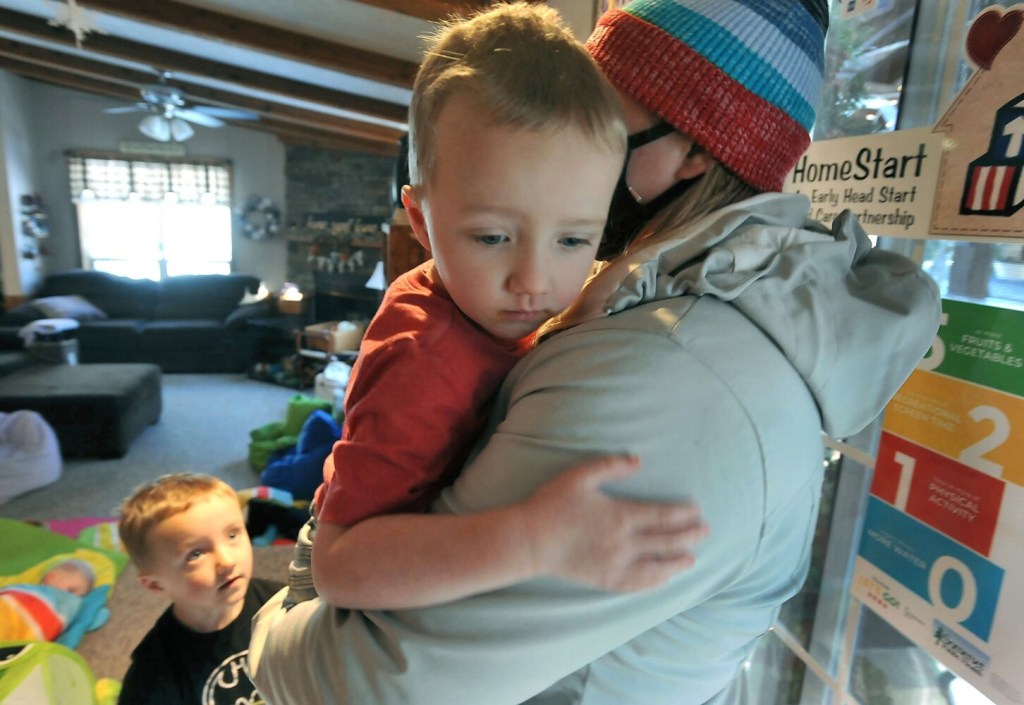
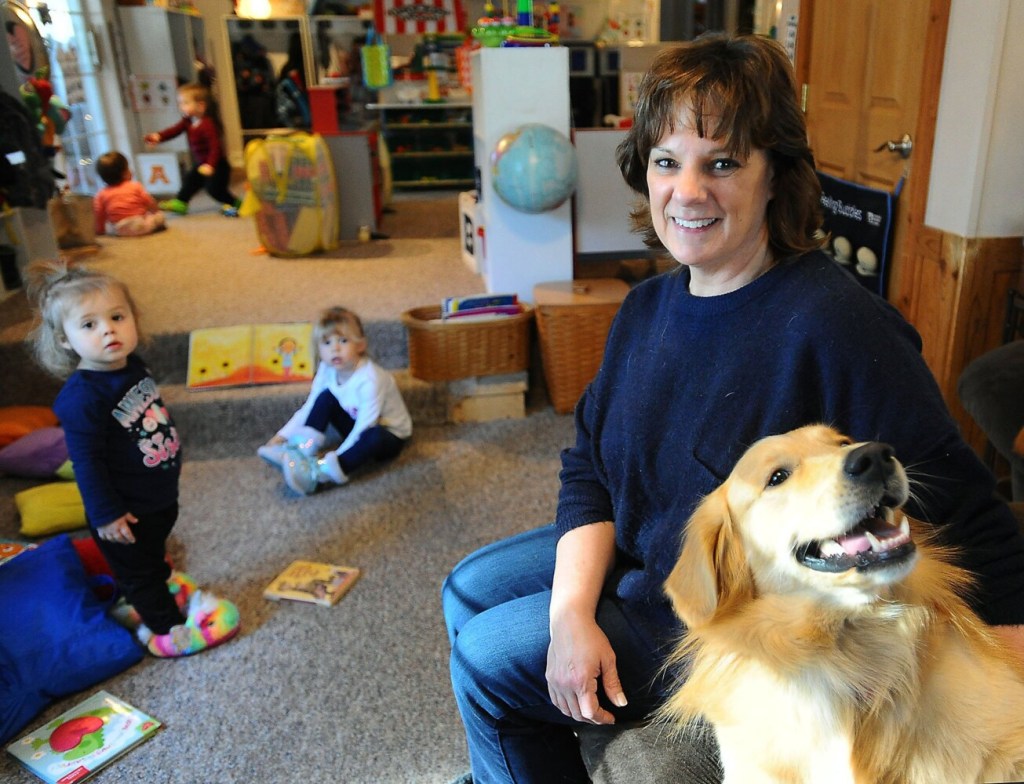
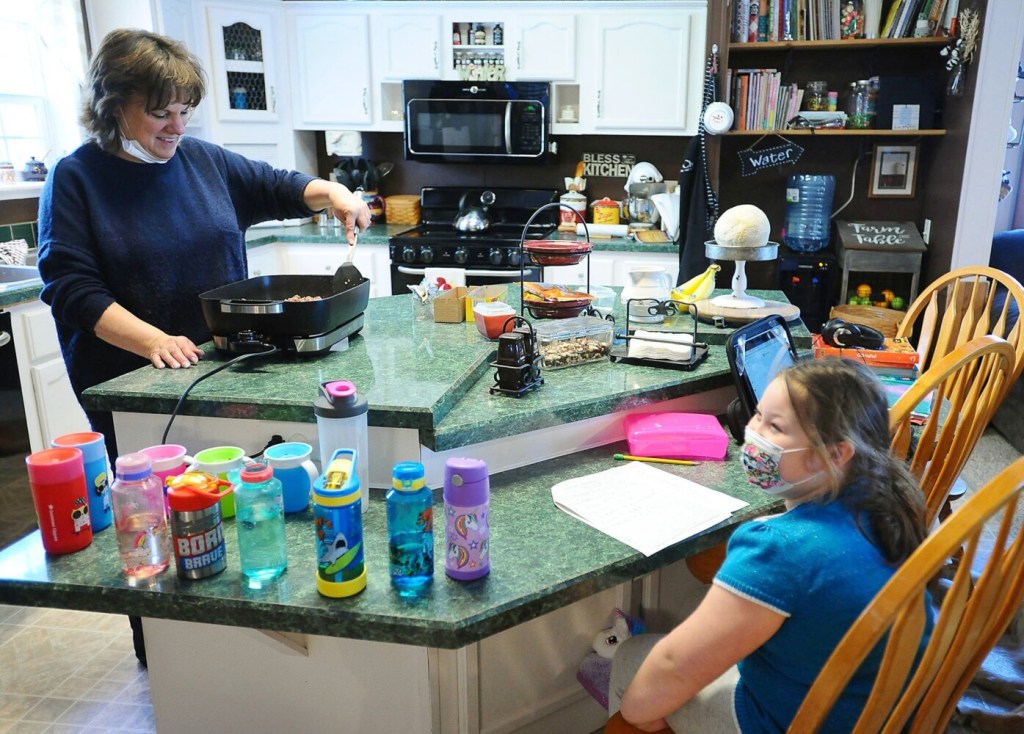
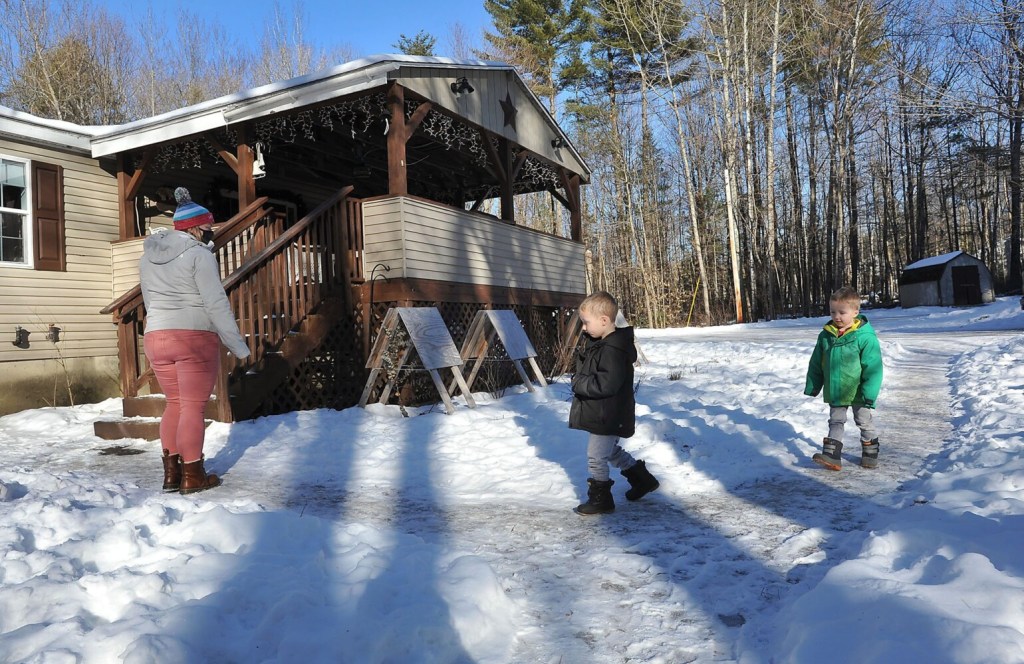
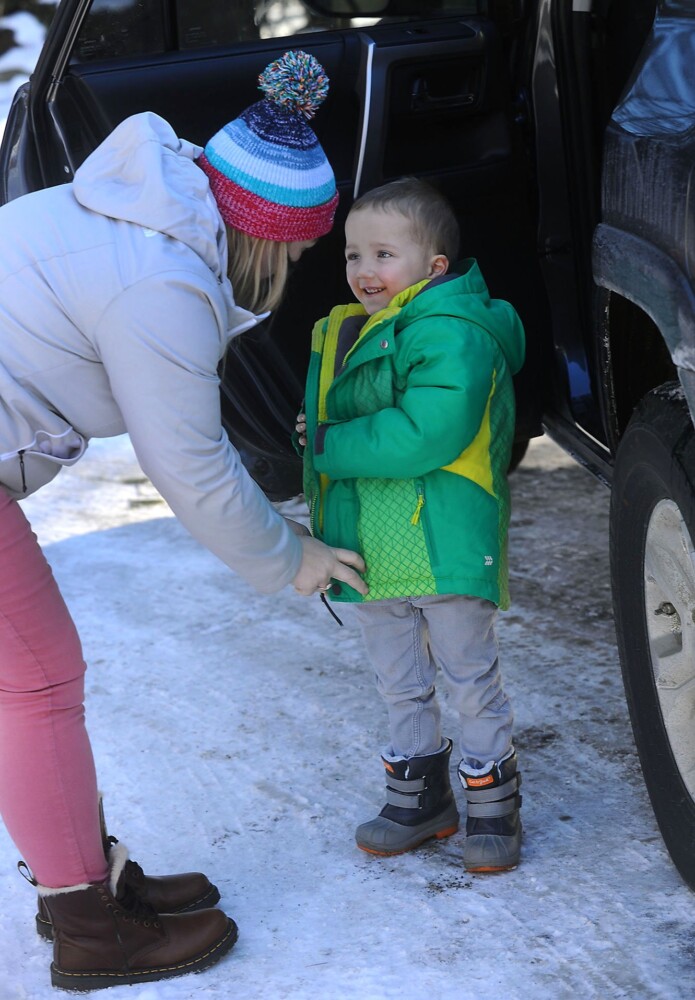
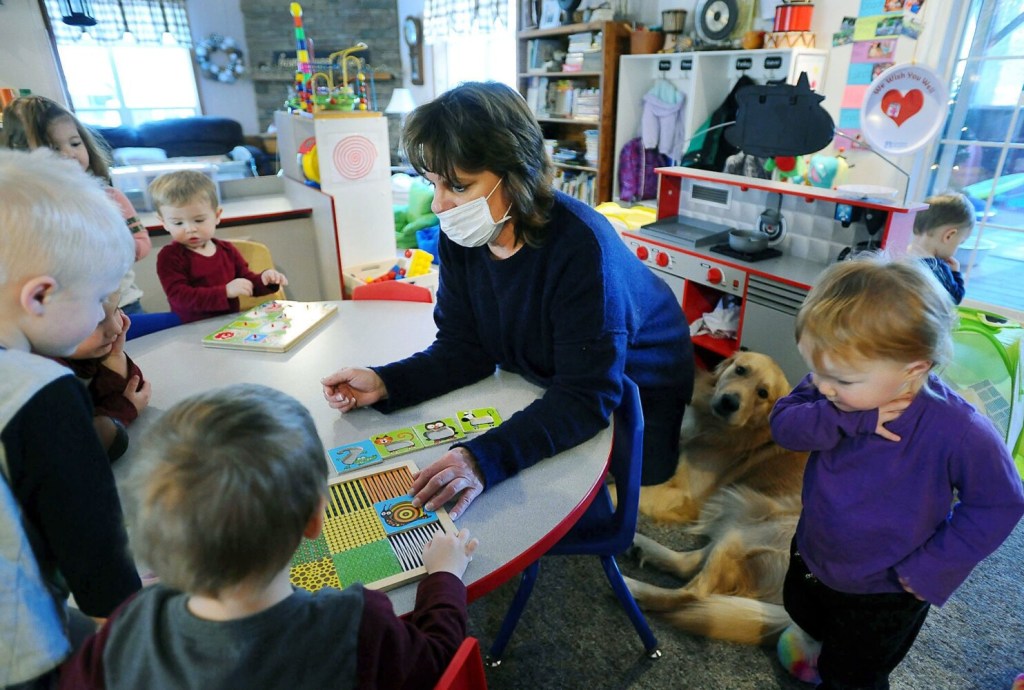
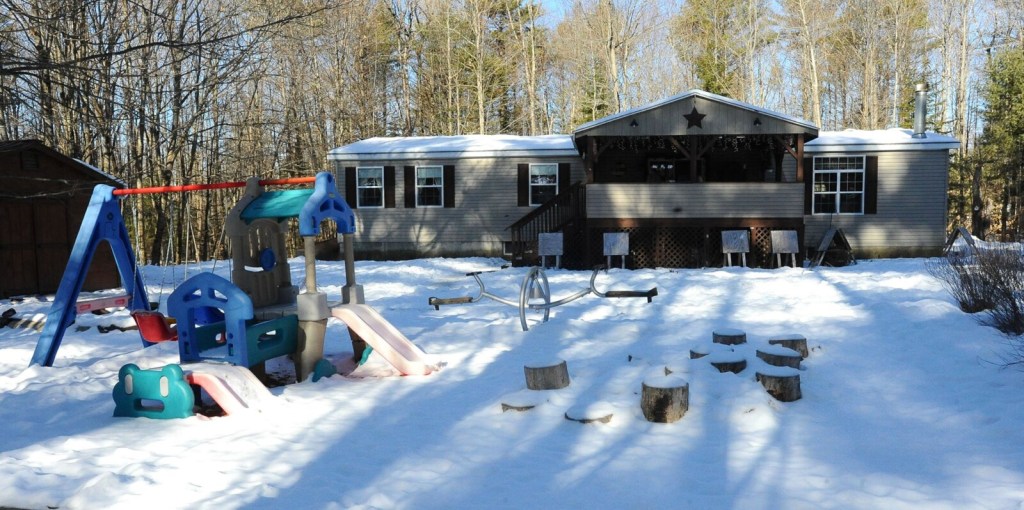
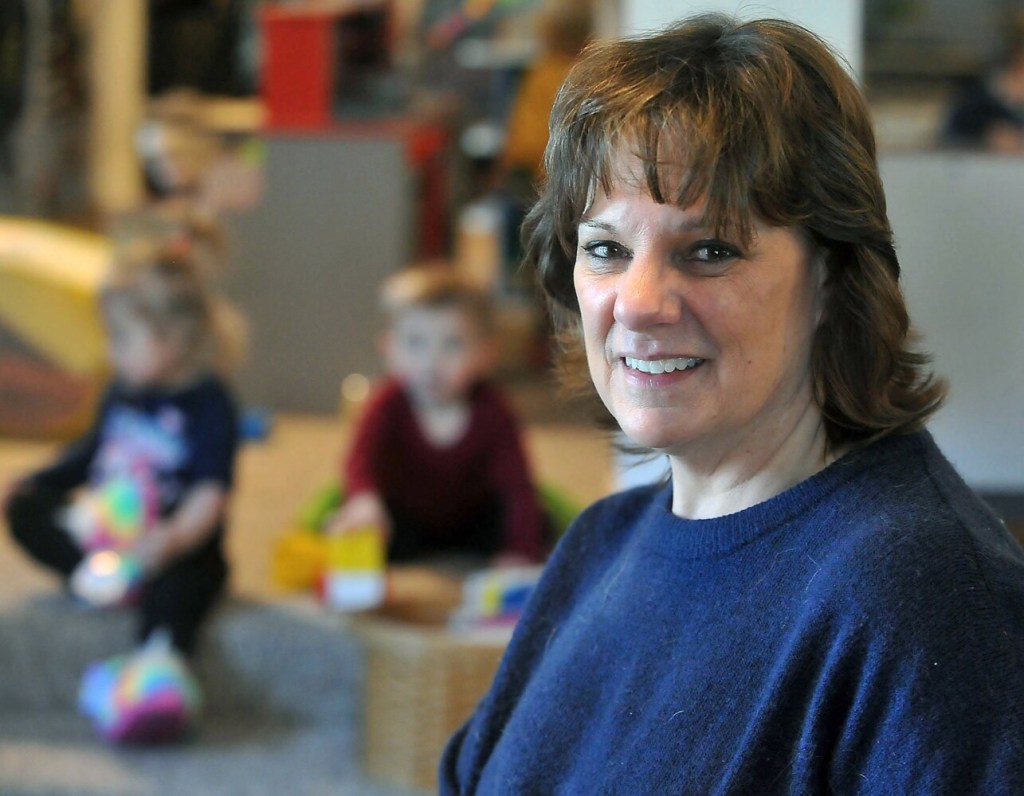

Success. Please wait for the page to reload. If the page does not reload within 5 seconds, please refresh the page.
Enter your email and password to access comments.
Hi, to comment on stories you must . This profile is in addition to your subscription and website login.
Already have a commenting profile? .
Invalid username/password.
Please check your email to confirm and complete your registration.
Only subscribers are eligible to post comments. Please subscribe or login first for digital access. Here’s why.
Use the form below to reset your password. When you've submitted your account email, we will send an email with a reset code.